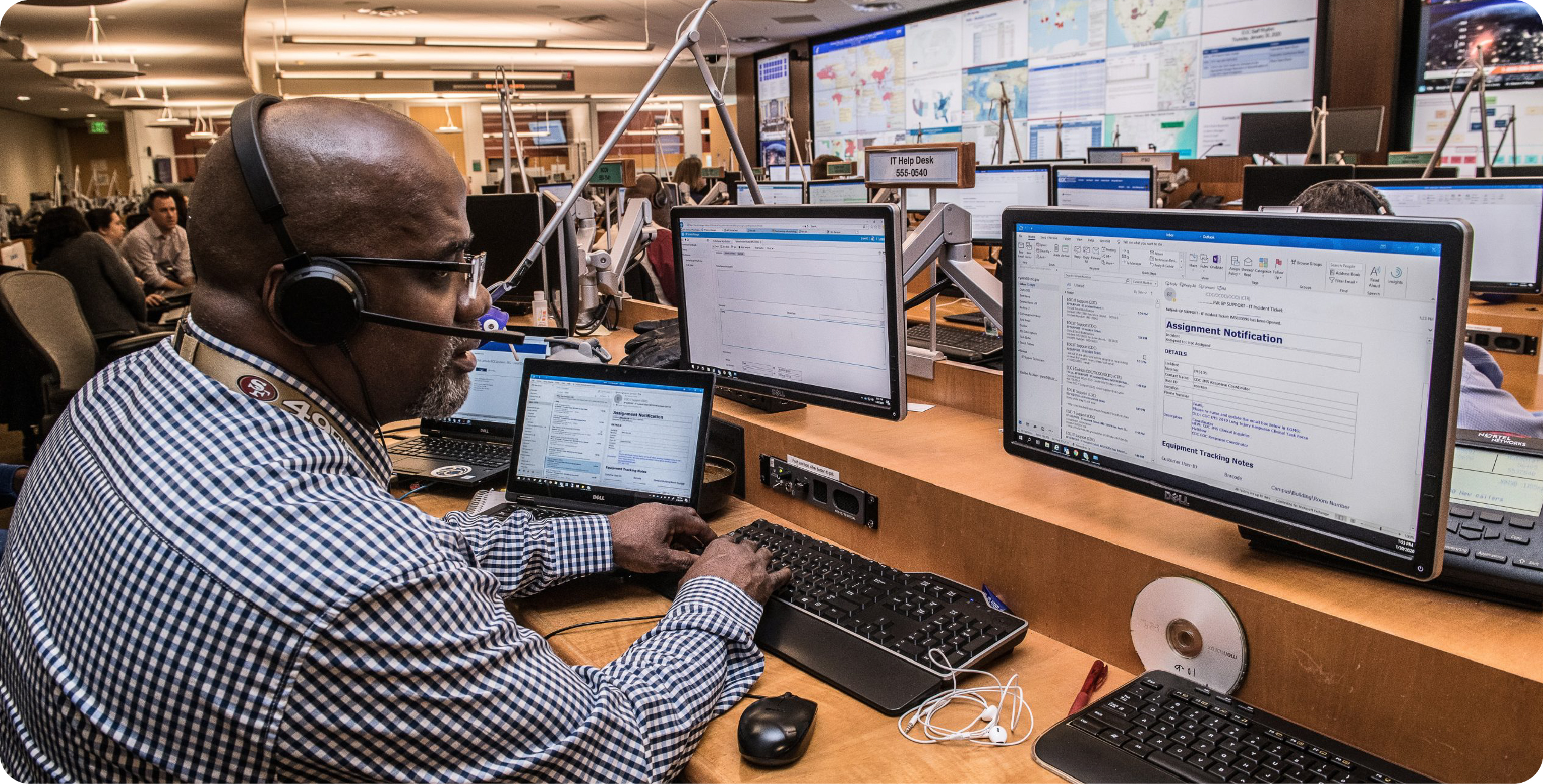
Managing a facility in the construction industry or any large business can be a daunting task. As a facility manager, you are responsible for overseeing daily operations, managing employees, and ensuring machinery and equipment are functioning properly. At times, you may even find yourself getting your hands dirty in the actual work. Having a thorough understanding of the project and access to relevant data and information is crucial to successfully oversee the project to completion. However, with multiple tasks and responsibilities, prioritising and planning can be challenging.
Developing a comprehensive checklist can simplify your work and ensure that no important tasks are overlooked.
Regular facility walk-throughs are crucial for monitoring the state of the equipment and facility. While most managers depend on routine maintenance for information, work orders and reports keep them updated on the condition of the facility. Daily walk-throughs can help identify small daily changes or neglected factors that may affect the project’s security and quality or machinery used on the site. Similarly, on a completed site, walk-through inspections enable managers to check and monitor problematic areas or areas with potential issues and mitigate any problems before they become disasters.
Managing energy usage is crucial to keeping project expenses under control. To minimise energy expenses, it’s important to ensure that electricity usage is regulated, and no energy is wasted. Checking that energy-efficient bulbs are used and switched off when not in use or at night, replacing any burnt-out lights, and repairing faulty electrical fixtures, wiring, and appliances can help to ensure that energy is not wasted.
To ensure that construction or activities can be carried out smoothly at the facility, it is essential that all necessary materials and conditions are available on time. It is important to inspect the premises to ensure that all required supplies are available in the right quantities. Additionally, it is crucial to ensure that the bathrooms, back-office rooms, and cloakrooms are functional and in good condition. Finally, all equipment must be checked for working condition, and daily procedures must be inspected to ensure they run smoothly.
The facility manager typically has the responsibility for security and maintaining security equipment. It is important to ensure that CCTV cameras are functioning and recording correctly, cybersecurity protocols are followed, and that the security gate automation system, intruder alarms, fire alarms and fire extinguishers are in working order.
Understanding how intruder alarm monitoring works can be a vital part of this process, helping to maintain a secure and safe environment.
During these checks, you might come across interesting CCTV camera facts that can help in optimizing the security setup. In this regard, contemplating the installation of a suitable intercom system, be it wired or wireless, can further bolster the security infrastructure, facilitating controlled access and communication.
Moreover, acknowledging the benefits of alarm systems, it’s pivotal to ensure that the chosen alarm setup is congruent with the specific needs and dynamics of the facility, providing a seamless and robust security layer.
Additionally, it is important to check that the general building security is operating as it should and there are no gaps that can be accessed by unauthorised personnel, especially if smart building security systems are being used.
Navigating through the multifaceted domain of commercial facility management maintenance necessitates a meticulous approach, given the diversity of tasks and site-specific requirements. The essence of property management for facilities managers encapsulates a myriad of responsibilities, intricately linked to the people, place, and processes within the constructed work environment.
Here’s an elaborated facility management checklist for a commercial building, articulated in a formal yet accessible manner:
Depending on the job description, the manager may be responsible for monitoring the progress of the contractor and the current stage of the project. This could involve establishing and maintaining relationships with potential contractors, identifying, estimating, and listing any repair or service requirements. Additionally, the job may require identifying, contacting, and selecting qualified bidders to provide the necessary services, supervising their work, managing expenses, ensuring the achievement of desired goals and objectives, and settling the final bill.
The facility manager is accountable for ensuring that the facility adheres to all safety regulations mandated by the law and any regulatory agency to guarantee the safety of workers and visitors to the site. While creating explicit plans and policies in case of emergencies may or may not be part of the manager’s job, it is essential to have a clear evacuation protocol in such situations, and all workers should be trained accordingly. Also, the manager should ensure that periodic PAT Testing is carried out and documented.
The facility manager may be responsible for creating work schedules, overseeing work agreements, and ensuring that they are executed. Additionally, the role may involve monitoring project goals and timelines, and meeting with each employee to review progress and discuss ways to improve productivity. Interacting with employees is important as it allows for feedback and enhances efficiency.
Being a facility manager requires being organised and having a reliable process and checklist to ensure that nothing is missed. Check out our post on the importance of fire alarm systems for businesses for more information.
Moreover, for those managing retail facilities, considering the incorporation of a till fraud detection system is paramount. This system, adept at monitoring transactions at the cash register, provides an additional safeguard by identifying and alerting to any suspicious activities at the point of sale. Thus, it not only protects your revenue but also assures the transparency and accountability of each transaction, enhancing the overall trustworthiness of your operational environment.
Get in touch with us today at 01 689 6390 to schedule a free consultation for a security system for your business.